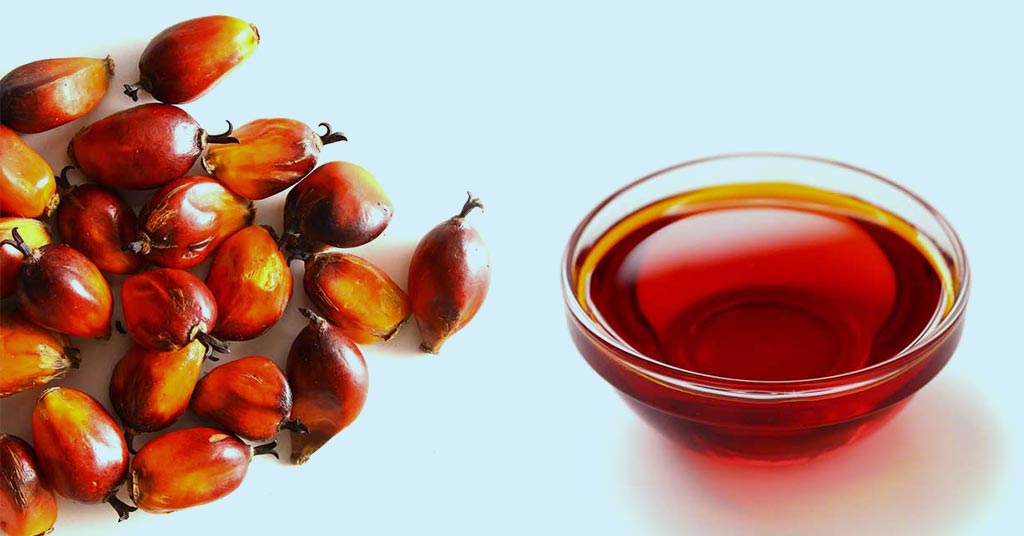
Palm oil, a staple ingredient in Ghanaian cuisine, has long been recognized for its culinary and economic value. However, its nutritional benefits are often overlooked. Recent studies highlight the significance of palm oil as a rich source of essential nutrients.

According to nutrition experts, palm oil boasts an impressive profile of vitamins, minerals, and antioxidants. Here are five key nutrients found in palm oil:
5 Key Nutrients in Palm Oil

- Vitamin E (Tocopherol and Tocotrienol):
Antioxidant properties protect cells from damage, promote healthy skin and hair, and support immune function.
- Carotenoids (Beta-Carotene, Alpha-Carotene, and Lycopene):
Shield cells from oxidative stress, reduce inflammation, and support healthy vision, immune function, and skin health.
- Phytosterols (Plant Sterols):
Lower cholesterol levels, improve heart health, and support immune function.
- Magnesium:
Essential for energy production, muscle function, nerve function, and bone health.
- Balanced Fatty Acid Profile (Palmitic, Oleic, and Linoleic Acids):
Supports energy production, heart health, brain function, and skin and hair health.
Additional Benefits

- Antioxidant Properties: Protect against chronic diseases like cancer, diabetes, and cardiovascular disease.
- Inflammation Reduction: Helps alleviate symptoms of arthritis, asthma, and allergies.
- Improved Cognitive Function: Supports brain health and cognitive function.
- Skin and Hair Health: Nourishes and protects skin and hair.
Choosing the Right Palm Oil

- High-Quality Sources: Opt for cold-pressed, expeller-pressed, or sustainable palm oil.
- Certifications: Look for certifications like RSPO (Roundtable on Sustainable Palm Oil) or Ghana Standards Authority (GSA).


3. Moderation: Consume palm oil in moderation due to high calorie content.
Palm oil is more than just a cooking oil; it’s a health-promoting ingredient. By understanding its nutritional benefits and choosing high-quality sources, Ghanaians can harness its potential for optimal health and wellbeing.







This really inspires! Just tried Image To Video for real estate marketing! Image To Video adds subtle movement to property photos that gives potential buyers better spatial understanding immediately. The professional polish Image To Video maintains has reduced time-on-market measurably!